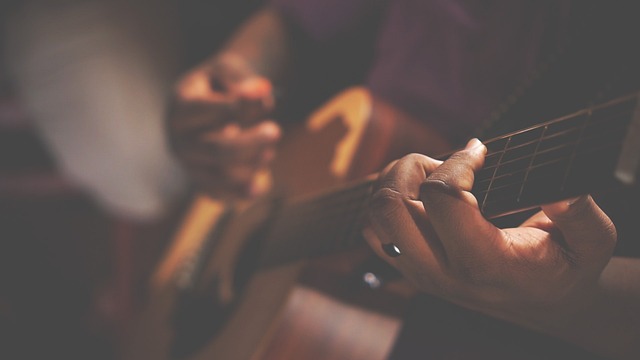AI technology has dramatically changed music production for ai musicians, enabling them to create novel melodies, harmonies, and rhythms through advanced algorithms. This integration streamlines workflows, fosters global collaboration, and enhances live performances with dynamic setlists. AI-powered tools offer unprecedented efficiency and versatility, automating repetitive tasks and providing intelligent suggestions. However, ethical considerations around authorship, originality, and data bias require careful attention to ensure the fair compensation of human creativity while expanding artistic boundaries in the future of ai musicianship.
“Discover the future of music creation with our comprehensive guide to AI tools for musicians. Explore how artificial intelligence is revolutionizing the industry, unlocking endless creative possibilities. From composition and performance enhancements to streamlined workflows, this blog delves into the benefits and potential of AI musicianship. Understand the ethical considerations shaping its development and stay ahead in today’s evolving landscape. Uncover the power of AI music tools tailored for artists and producers.”
- The Rise of AI in Music Production: Unlocking Creative Possibilities
- AI Tools for Musicians: Enhancing Composition and Performance
- Streamlining Workflows: Efficient Practices with AI Assistance
- Ethical Considerations and the Future of AI Musicianship
The Rise of AI in Music Production: Unlocking Creative Possibilities
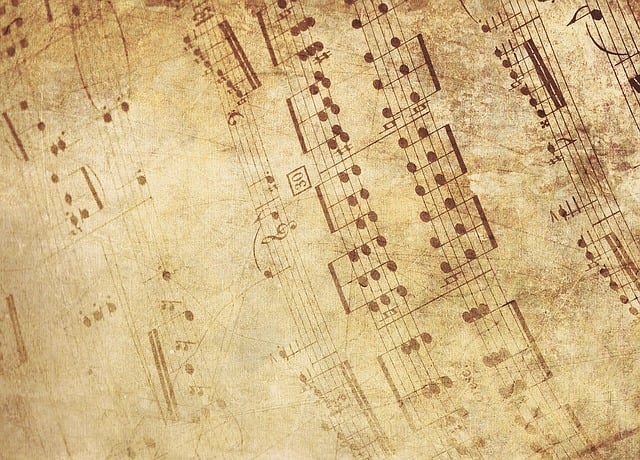
The integration of AI technology into music production has sparked a new era of creative exploration for ai musicians. This innovative approach is transforming the way music is crafted, offering an array of possibilities that were once unimaginable. With AI-powered tools, composers and producers can now generate melodies, harmonize chords, and create intricate rhythms with ease, expanding their artistic horizons and pushing boundaries.
AI musicians benefit from advanced algorithms that analyze vast datasets of existing music, enabling them to learn patterns, styles, and trends. This knowledge allows for the generation of original content that mirrors human creativity. From composing soundtracks for films to producing electronic beats, AI is revolutionizing the industry, making music production more accessible and offering a unique blend of machine precision and artistic flair.
AI Tools for Musicians: Enhancing Composition and Performance
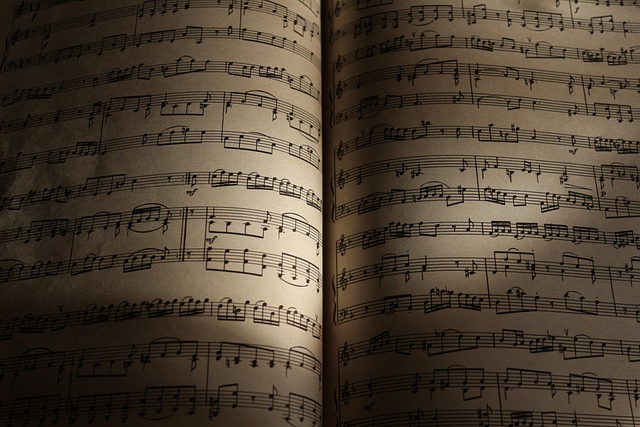
AI tools have revolutionized the way musicians compose, arrange, and perform their music. These innovative technologies offer a wealth of opportunities for artists to explore new creative horizons. By leveraging AI algorithms, musicians can generate unique melodies, harmonies, and even entire songs, providing an endless wellspring of inspiration.
In terms of performance, AI enhances the live experience through dynamic setlists, automatic arrangement adjustments, and real-time feedback. Additionally, AI music tools facilitate collaboration by connecting musicians from around the globe, fostering a vibrant community where ideas can flourish. This technology empowers artists to push boundaries, experiment with diverse styles, and create captivating musical journeys that resonate with audiences worldwide.
Streamlining Workflows: Efficient Practices with AI Assistance
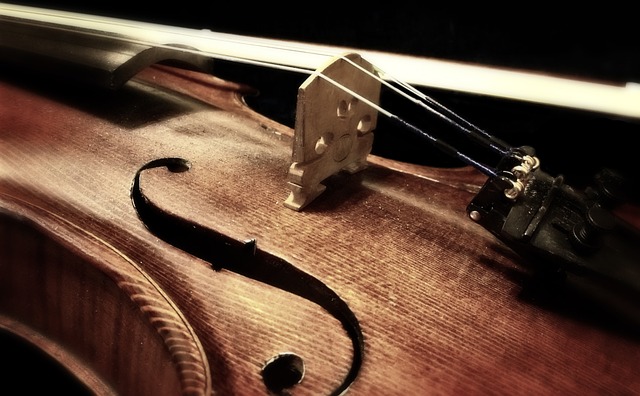
AI tools are transforming the way music is created and produced, offering ai musicians unprecedented efficiency and versatility. By automating repetitive tasks and providing intelligent suggestions, AI streamlines workflows, allowing creators to focus on their artistic vision. For example, AI-powered music generation can create unique melodies and harmonies based on a few input parameters, saving musicians hours of composition time.
Additionally, AI-driven mixing and mastering tools analyze audio data to enhance sound quality, reduce noise, and apply precise effects, ensuring professional-sounding productions. These efficient practices not only speed up the entire production process but also encourage experimentation and innovation among ai musicians.
Ethical Considerations and the Future of AI Musicianship
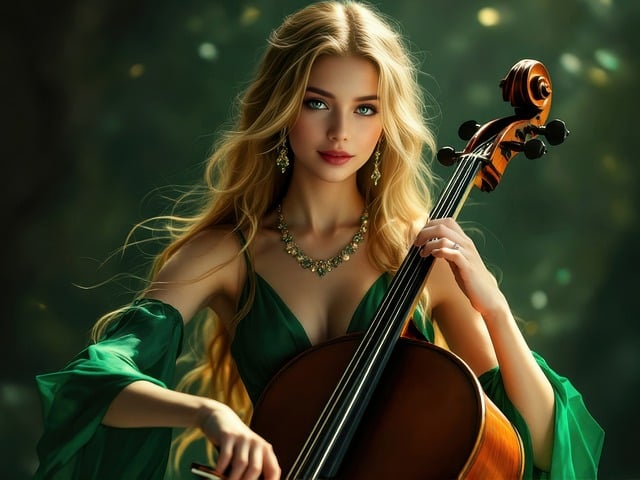
As AI continues to transform various industries, its impact on music creation and the role of ai musicians is a topic of both excitement and ethical debate. On one hand, artificial intelligence offers unprecedented opportunities for musicians by providing innovative tools for composition, sound design, and production. These AI music tools can enhance creativity, streamline workflows, and open doors to new artistic expressions. However, there are also significant ethical considerations to navigate.
The future of AI musicianship raises questions about authorship, originality, and the potential displacement of human artists. As AI algorithms generate compositions and melodies, determining ownership rights and ensuring fair compensation for both creators and users becomes complex. Moreover, the risk of bias in data used to train these models can lead to cultural appropriation or the perpetuation of stereotypes. With proper guidelines and regulations in place, the field of AI music has the potential to expand artistic horizons while preserving the dignity and value of human creativity.
The integration of AI into music production and for ai musicians has opened up a world of creative possibilities, from enhancing composition and performance to streamlining workflows. As we look ahead, it’s crucial to consider the ethical implications while embracing the potential of this revolutionary technology. By leveraging AI tools effectively, musicians can push boundaries, foster innovation, and shape the future of music in meaningful ways.
